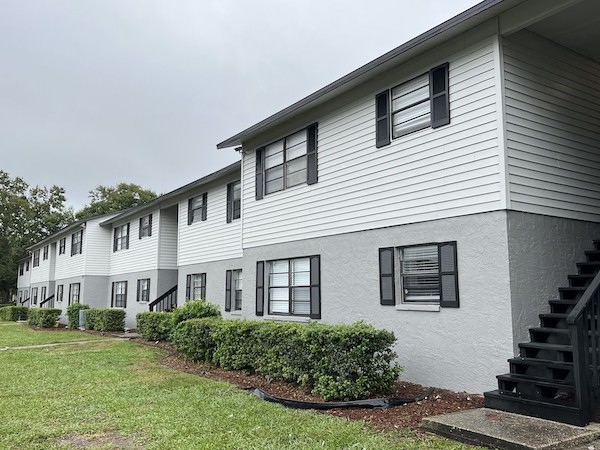by Jared Repka and Cameron Rinaldi
Investing in rental apartment properties can be a lucrative venture, providing a steady income stream and potential long-term capital appreciation. However, as with any investment, there are potential risks that investors should be aware of before making a commitment. In this post, we'll explore some of the potential risks associated with investing in rental apartment properties and why you need to know them.
Market Risk
One of the primary risks associated with investing in rental apartment properties is market risk. The real estate market can be volatile and subject to fluctuations due to changes in interest rates, economic conditions, and supply and demand. If there is a downturn in the market, it could result in decreased rental rates, lower occupancy rates, and potential difficulty in selling the property.
Operational Risk
Rental apartment properties require ongoing maintenance and management, which can create operational risks for investors. This includes risks such as unforeseen repairs, tenant turnover, and legal disputes. Additionally, investors may face challenges in managing the property remotely or may experience difficulties finding reliable property management.
Regulatory Risk
Investors in rental apartment properties are subject to various federal, state, and local regulations. These regulations can include building codes, zoning laws, tenant rights, and environmental regulations. Failing to comply with these regulations can result in costly fines, legal disputes, and potential reputational damage.
Financing Risk
Investors in rental apartment properties typically require financing to acquire the property. This creates financing risk, including the risk of interest rate fluctuations, refinancing challenges, and potential difficulty in securing financing in the future.
Natural Disasters
Rental apartment properties are also vulnerable to natural disasters such as hurricanes, floods, earthquakes, and fires. These events can result in property damage, loss of rental income, and increased insurance costs.
Conclusion
While investing in rental apartment properties can be a lucrative venture, it's important to be aware of the potential risks involved. Market risk, operational risk, regulatory risk, financing risk, and natural disasters are just a few of the potential risks that investors should consider before making a commitment. To mitigate these risks, investors should conduct thorough research and due diligence, work with experienced professionals, and have a solid risk management strategy in place. By being aware of these risks and taking proactive steps to mitigate them, investors can increase their chances of success in the rental apartment property market.
Click to learn more about:
Bison Financial Group

